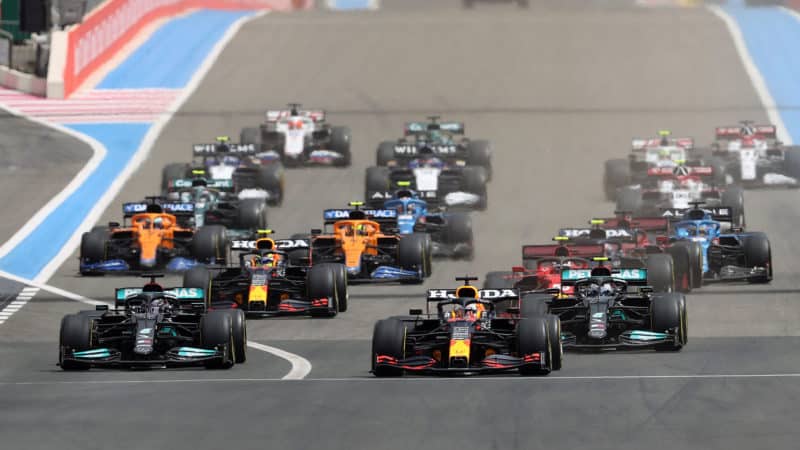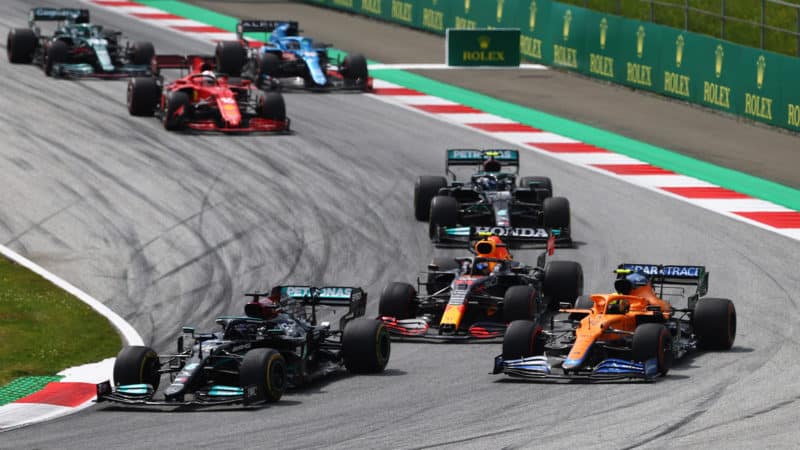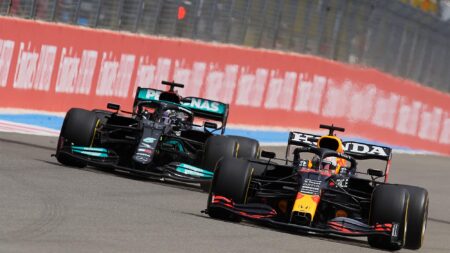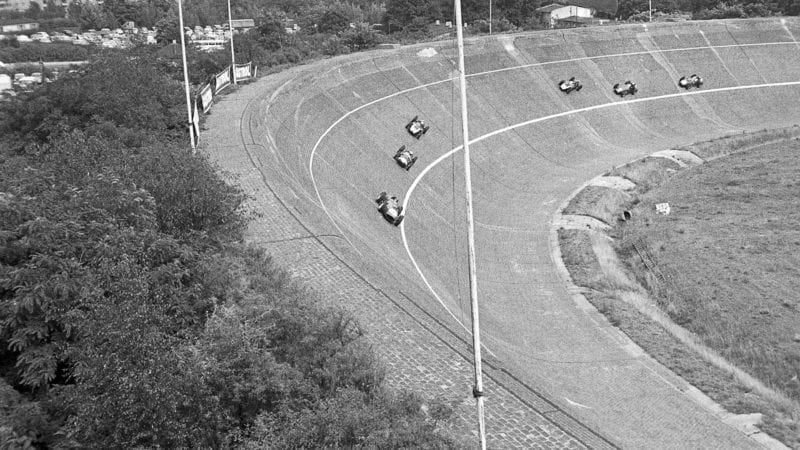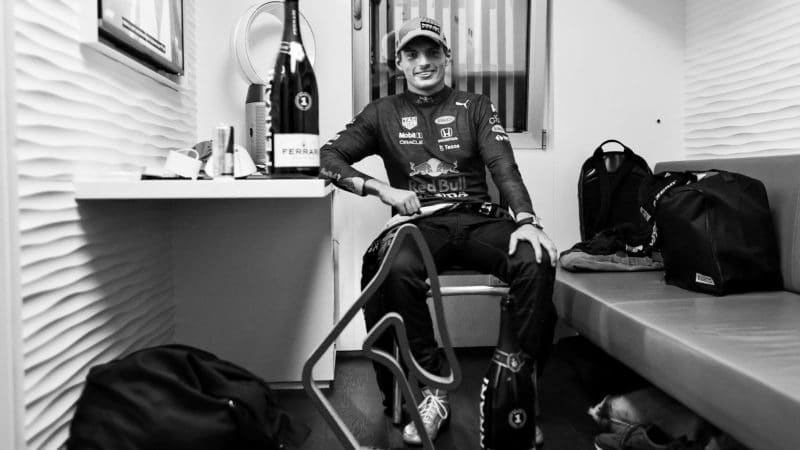“It’s a high tech sport. And it’s always evolved and always changed. And I don’t think we should be afraid of change. And if we do it in a properly constructed way, then we can have reasonable confidence that we’re going forward in a structured way, and not taking too much risk.”
Brawn points out that adding some excitement to what is now a dull Friday is one of the key aims of a sprint weekend.
“We looked at some of the historic things which had been tried, where you had two qualifyings, a qualifying on the Friday and the Saturday. We remember those days, and it was either the fastest time over the weekend, or your qualifying position on the Friday was added to your qualifying on a Saturday. And all sorts of stuff was tried to try and give action for the whole three days.
“And it was never terribly successful, because the fans found it frustrating that maybe they watched the fastest car on a Saturday afternoon go fastest, but it wasn’t on pole position. So part of this was to increase the action over the three days, and that helps promoters, helps the fans, helps teams. We just get more coverage for the weekend.
“I don’t believe we dilute anything. It gives the media a clearer focus on things happening. I’m sure on a Friday, you guys can talk about various aspects of what’s happened on a Friday, but it’s hard work, isn’t it? Whereas this is going to be clear content you can talk about.”
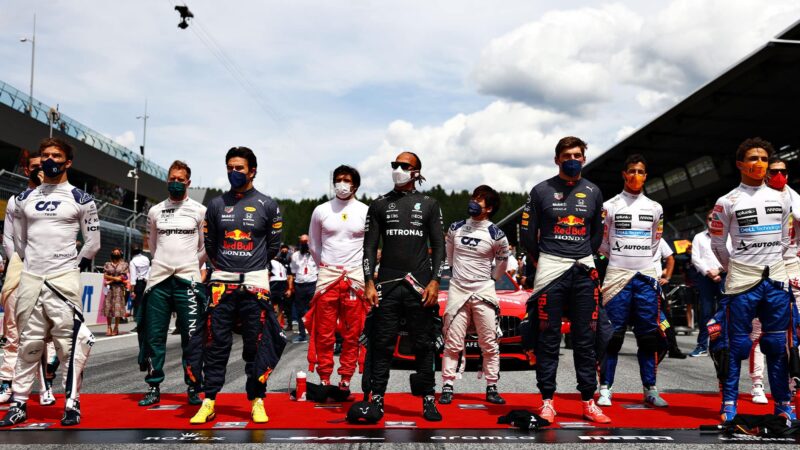
Brawn points to the unexpected reaction to the F1 Netflix series, and says sprint qualifying could engage audiences in unprecedented ways too
Dan Istitene – Formula 1/Formula 1 via Getty Images
It took a lot of work to finalise the format, which is why the first event is in July. The FIA sporting regulations have been substantially adjusted, and the team managers have played a big role in stress testing them and addressing anomalies. The final details were only agreed in a meeting on Thursday in Austria.
One big issue that was discussed at a higher pay grade was the cost of accident damage. Given the tight restrictions imposed by the budget cap the top teams were concerned that an extra start and first lap would create more risk. An allowance has been made, and teams have also been given a suitable financial incentive to do the three extra sprints.
“There’s been a lot of work done by the teams, team managers, the FIA,” says Brawn. “We’ve been contributing to get all the little nuances sorted out for this event, because once you get into the rule book, you realise you’re at a completely new event into the rulebook.
“There’s been awful lot of work, and I have to compliment the teams, because they’ve been extremely constructive in evolving the new regulations.
